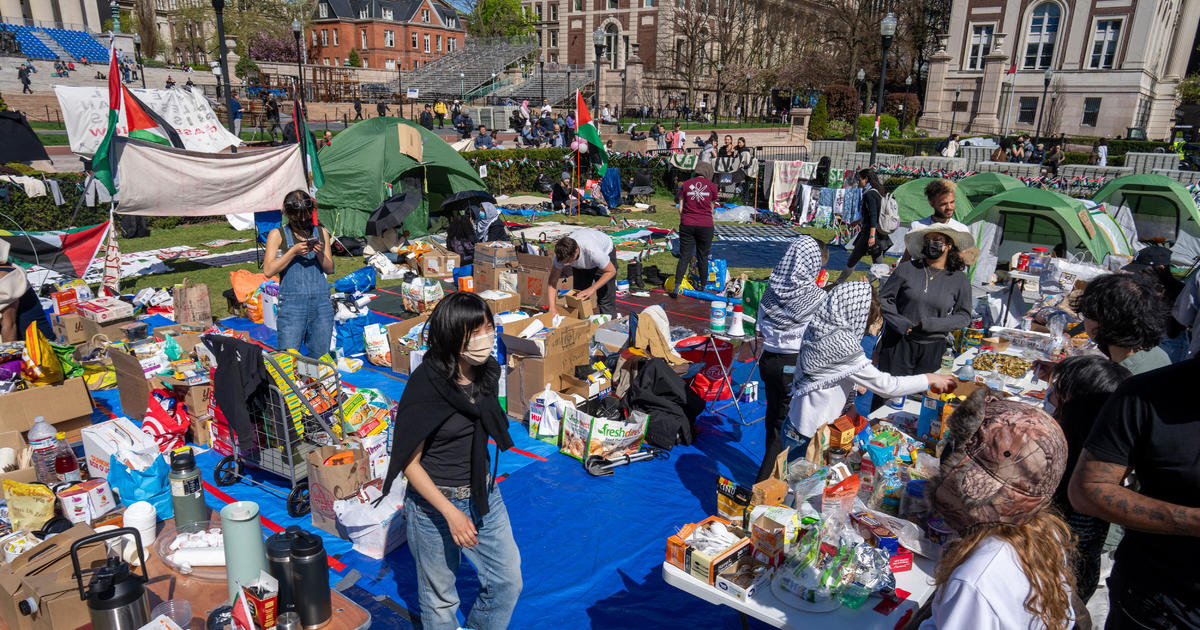Local College Students Get Crash Course On Traveling Abroad
OLD WESTBURY, N.Y. (CBSNewYork) -- Words of wisdom were imparted Tuesday to college students embarking on travel abroad this summer.
Call it the dos and don'ts for staying healthy and safe, information you may want to share with the young adult in your life, CBS2's Carolyn Gusoff reported.
As spring fever strikes college campuses, students get ready for summer travel abroad.
Move over Europe, for China and Cuba are gaining popularity, along with destinations off the beaten path. CBS2's Gusoff heard all kinds of places, including Tanzania, Thailand, Bangladesh and Ghana.
But a world of possibilities invites a world of possible dangers. NYIT students got a crash course on Tuesday at the NYU Winthrop Hospital travel clinic.
First off, students are advised to visit a travel medicine specialist for vaccines and medications four-to-six weeks before departure.
They were also told not to drink the water in several countries and continents, including Indonesia, India, Subsaharan Africa, Central America and South America. And that means avoiding ice in drinks and making sure bottled water isn't refilled.
Web Extra: Study Abroad Safety Tips:
They were also told to avoid raw fruits and vegetables unless they have a thick skin that can be pealed and to not apply sunscreen and insect repellent at the same time. Instead, they were told to wait 30 minutes between applications.
"A lot of mosquitoes in foreign countries transmit things like dengue, chikungunya and malaria," said Dr. Theresa Fiorito, the director of the Family Travel Clinic at NYU Winthrop Hospital.
Also, if you're on medication, you are urged to bring a letter from your doctor in the country's language.
"There are countries that may not allow you in because it's considered a stimulant," Fiorito said.
Avoid driving where the rules of the road seem nonexistent.
"The number one cause of morbidity overseas is motor vehicle accidents," Fiorito said.
Safe sex is more important than ever. And speaking of safety, all young people should register with the U.S. consulate for emergency alerts.
"Keep your head on a swivel, know where you are so if you have to call the police you know your exact location right away," said Anthony Roman of Roman & Associates.
Security expert Roman said let someone at home know where you will be and allow them to track you.
And be prepared before you go. Pack a health kit with first aid supplies, stomach remedies and antibiotics. The medications we can find on every corner here may be unavailable far from home.
More than 325,000 U.S. college students study abroad each year and that number is on the rise.
For more information on everything from crime rates to medications not to be brought into specific countries, please click here.



